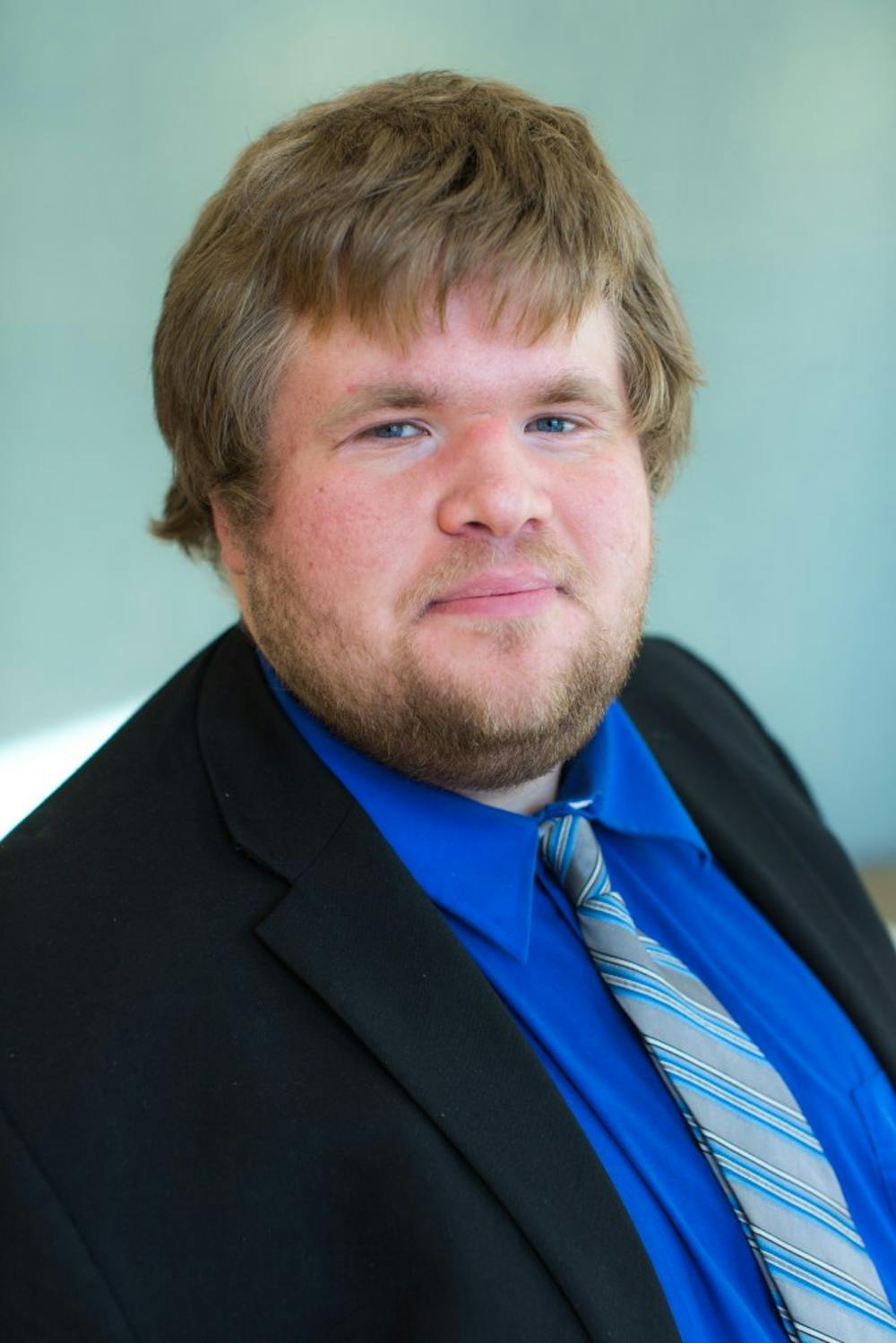The racially motivated events which this op-ed references need no mentioning. The intended targets of hate have been unduly pained enough. They need no reminder of the details nor should the perpetrators receive the gratification of further coverage.
Our last University president, Neil Kerwin, eloquently said, “Racially charged acts of bigotry are done to instill fear and inflict pain in our community—especially at stressful times.” We, as a community, will not be fearful. We will not be frightened. We will not be intimidated. The perpetrators do not reflect the university community and the values we hold dear. Student Government President Dumpson’s courage and resolve serves as an inspiration to all of us.
My heart goes out to President Dumpson, members of the Alpha Kappa Alpha sorority, and those targeted by this despicable act. I share in the disgust verbalized by many. I'm deeply saddened and angered that such an attack occurred at our current or previous second home. American University is a place where we challenge preconceived notions, understand how things work, and society’s future leaders learn their trades.
While I keep those targeted in my thoughts and prayers, I do the same for the perpetrators. I understand that doing so is not easy given recent events.
I hope for a speedy but full and fair investigation of this racially motivated act. I hope that the perpetrators one day understand and overcome their prejudices so that they come to grips with the pain they've caused. Finally, I hope that the perpetrators receive due process, as provided under law and the student conduct code. We must not rush to judgment and prejudice further action, taken either by University officials or the Metropolitan Police Department.
As University police and senior officials, with assistance from MPD, investigate, I have been asking myself, “what now?”
Policy change is needed. A more open and transparent student conduct process that is FERPA compliant and provides due process for accusers and the accused alike is a substantive first step. The President’s Council on Diversity and Inclusion, with the help of senior administration, considering a complete rewrite of the University’s discrimination and harassment policies is another substantive step. However, the success of these changes hinge upon whether we can undertake them with civility and respect for one another. No policy change or campus-wide discussion can substitute for reinserting civility within our daily interactions.
It is too easy to call each other names and play the blame game when such incidents occur. Harder, but more fulfilling, is looking within. We, as individuals, must reflect.
We should be asking ourselves: How did we contribute to creating an environment in which such actions could occur? What can we do to prevent a repeat occurrence?
Name calling and projecting responsibility onto others only instigates further tension and vitriol. Our polarizing discourse and connections have provided the underpinnings for such vitriol. We, as a community and society at large, must buck the current trend of polarization. We have an opportunity to demonstrate that regardless of race, color or creed, all will be welcomed into the American University family.
Now, all families have their squabbles and disagreements. However, we cannot let our squabbles and disagreements define us. We can disagree with friends and classmates, staff members and administrators without rising to today’s level of antagonism and vitriol. Outgoing President Kerwin, incoming President Matthews-Burwell, Provost Bass and others in positions of authority are good people who care about seeing us succeed and improving our institution.
Those who disagree may posit that my view is naive, unrealistic or that such a community can't exist. To those who have that concern, I remind them of former classmates and colleagues who compose the ranks of our alumni. They have become Fulbright scholars, Boren scholars, Truman scholars, won NSF grants, worked as senior policymakers and were recognized for excellence in their communities or in their fields of expertise. In 2015, the President of the United States spoke at the university and delivered a major address of his presidency. If that does not give hope for the future, we will just have to disagree.
We can do better.
Hate has no place.
Jordan Barth is a 2016 graduate from the School of Public Affairs and a Master of Public Policy candidate.





